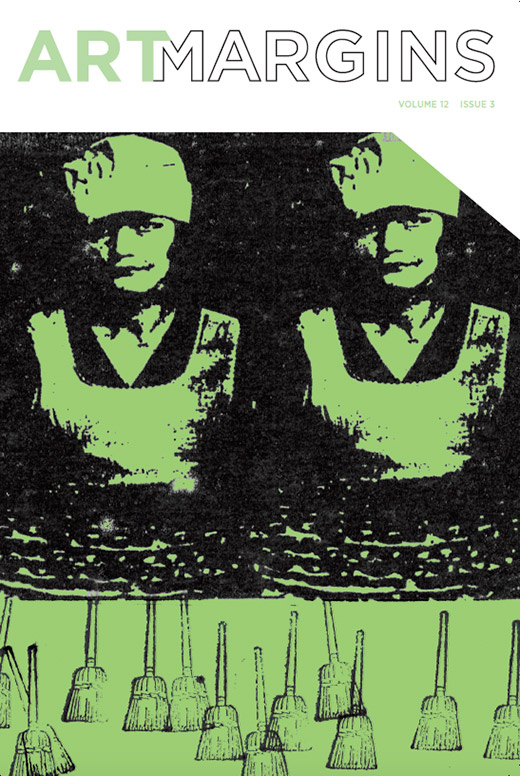After Moscow Conceptualism: Reflections on the Center and Periphery and Cultural Belatedness
Conceptual art is not only subject to a striking unevenness and a range of diverse forms across national territories during its emergence, but each national-cultural context in which it emerges is also exposed to the general belatedness of conceptual art’s relationship to its own avant-garde past. Each national-cultural formation was working with, and through, very different cultural and historical materials on the basis of very different kinds of awareness of the avant-garde past and the recent conceptual present. This article addresses this unevenness and belatedness by looking at the case of Moscow conceptualism in the 1970s and 1980s. In a period of post-Thaw and late Soviet ‘stagnation’, conceptual art takes the form in Russia of a generalised apophatic withdrawal from the ‘public sphere’, in which the absences, phlegmatic silences, and textual ambiguities of (some) conceptual art, assume a kind of heightened moral and poetic antipode to the (failed) rhetoric of Stalinist productivism. Yet, despite, its modernist reverence for indeterminancy, this work, nevertheless, retains an active ‘working’ relationship to the avant-garde (collective practice, the critique of the artistic monad). As such, this article examines the active and revenant links of Moscow Conceptualism to the memory of the avant-garde, based on Russian art’s contemporary sense of itself as a once major (revolutionary) centre of avant-garde production.
Content for this article is available at MIT Press. It is available as: No Access/Subscription Only . Click here for more information.




